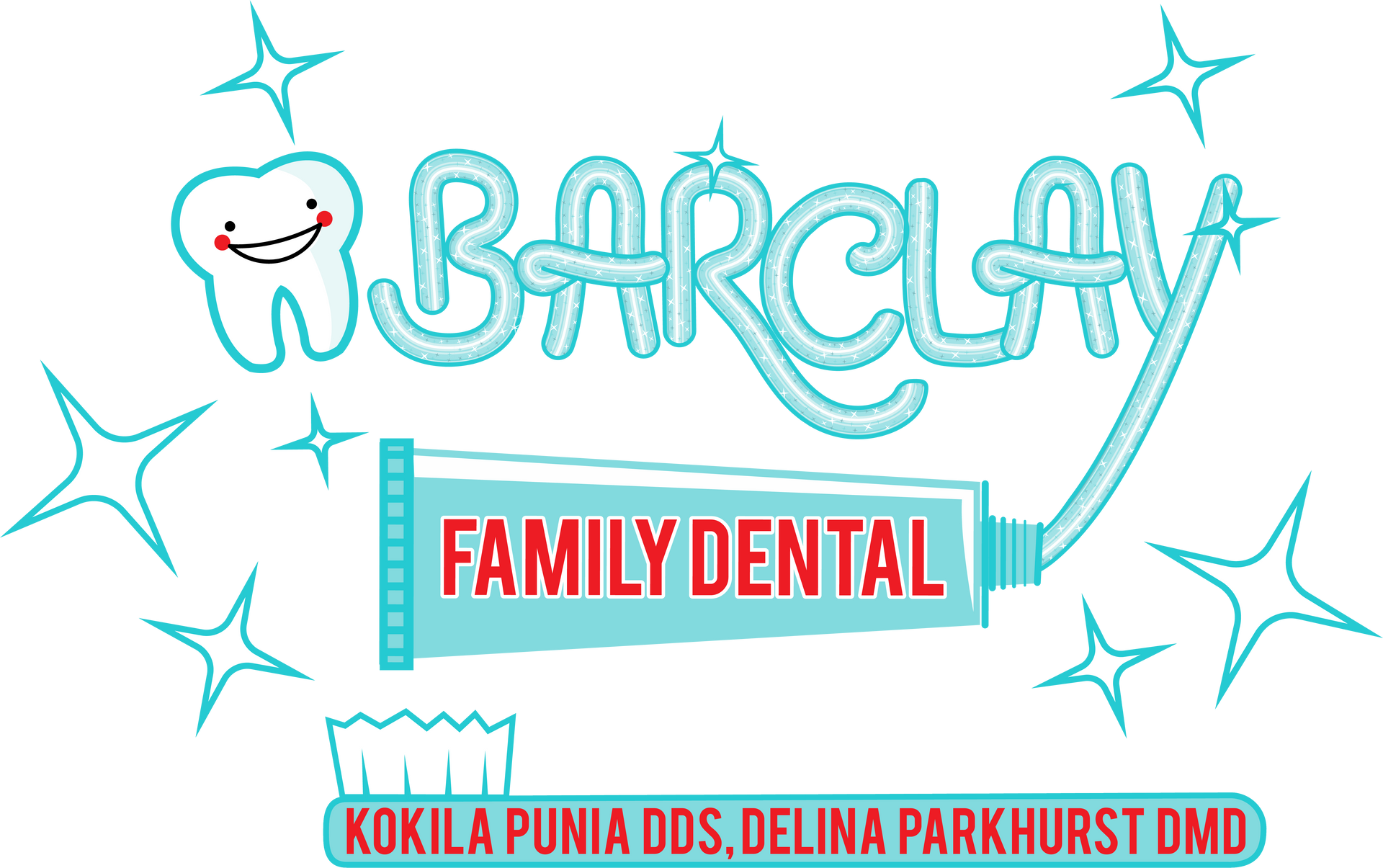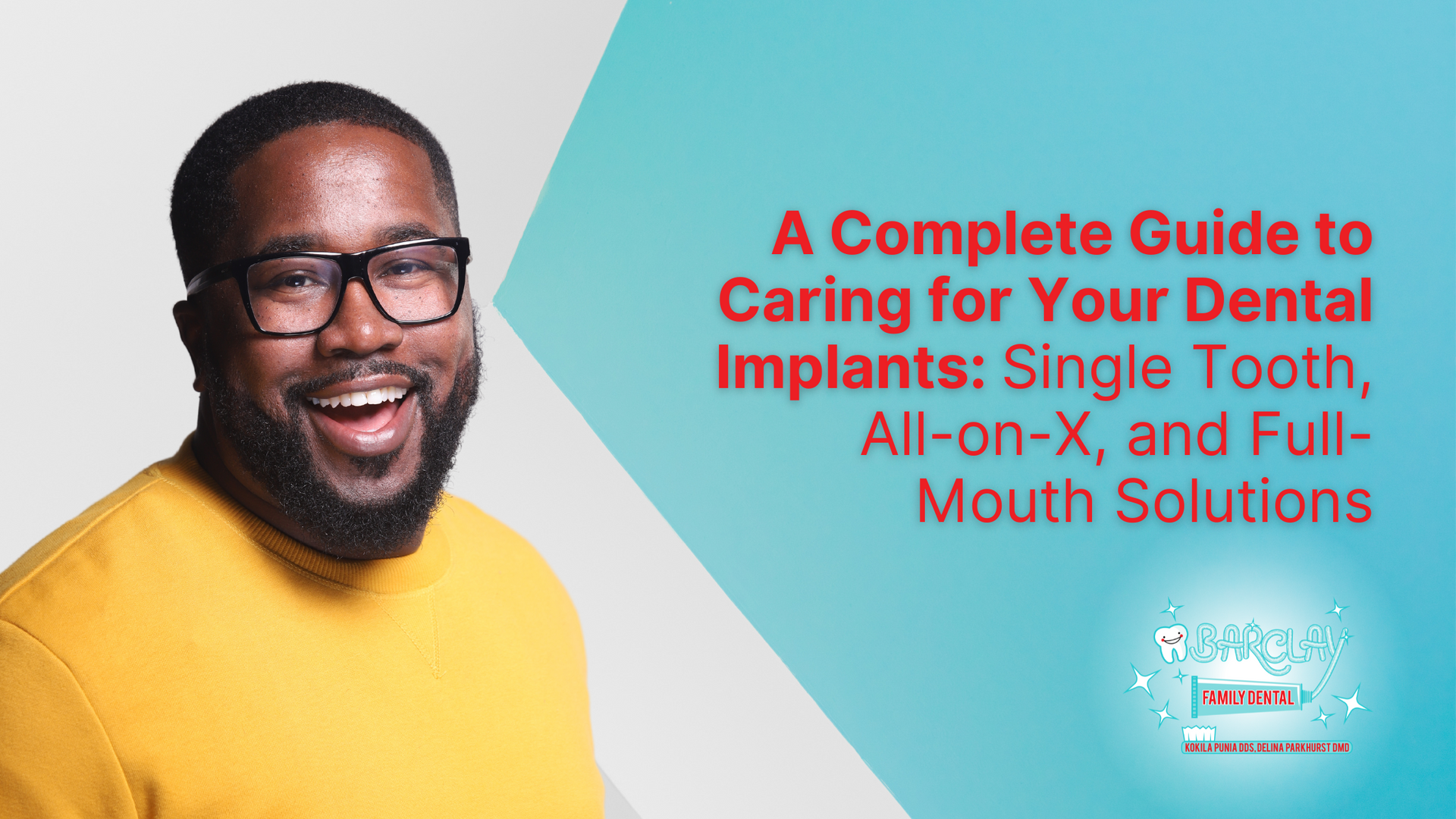Bruxism Uncovered: Tackling Teeth Grinding and Jaw Clenching
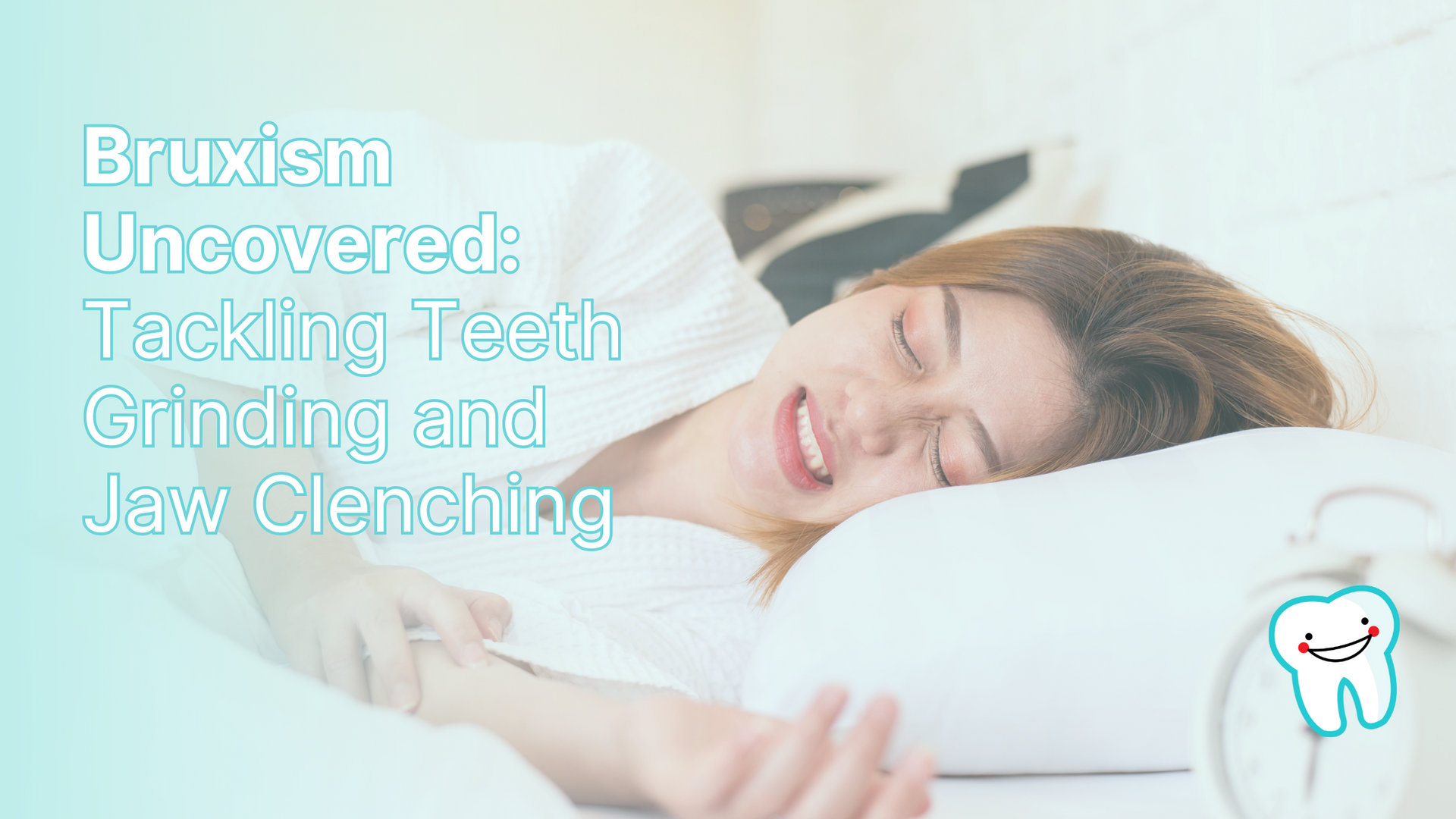
Source: Dr. Marketing
Teeth grinding, medically known as bruxism, and jaw clenching are common but often overlooked conditions that can significantly impact oral health and overall well-being. Bruxism involves the involuntary grinding or clenching of the teeth, typically occurring during sleep but also possible during waking hours. Jaw clenching is the excessive tightening of jaw muscles, often associated with stress and anxiety.
Both conditions can lead to a range of problems, including tooth damage, jaw pain, headaches, and temporomandibular joint (TMJ) disorders. Despite their prevalence, many people remain unaware of these habits until they experience noticeable discomfort or are informed by our dental professionals at Barclay Family Dental. Understanding the causes, symptoms, and potential consequences of teeth grinding and jaw clenching is essential for early detection and effective management.
In this article, we will talk about the intricacies of these issues, explore their origins, identify risk factors, and offer insights into effective treatment and prevention strategies. By raising awareness and providing comprehensive information, we aim to empower individuals to take proactive steps toward maintaining their oral health and overall well-being.
Understanding Bruxism: Teeth Grinding and Jaw Clenching

Bruxism can occur during the day (awake bruxism) or at night (sleep bruxism), often without the individual's awareness. Understanding the causes, symptoms, and treatment options for bruxism is important for managing and mitigating its effects. The precise causes of bruxism can be complex and multifactorial, but some key contributing factors include:
Stress and Anxiety
Psychological stress and anxiety are major triggers for bruxism. Individuals under significant stress may clench or grind their teeth unconsciously, both during the day and night.
Sleep Disorders
Conditions such as sleep apnea and snoring are associated with an increased risk of bruxism. Sleep disturbances can lead to involuntary teeth grinding during sleep.
Lifestyle Factors
Consumption of caffeine, alcohol, and certain recreational drugs can increase the likelihood of bruxism. Smoking has also been linked to higher incidences of teeth grinding.
Medications
Some medications, particularly certain antidepressants and antipsychotics can have side effects that include bruxism.
Genetics
There may be a hereditary component to bruxism, as it can run in families.
Malocclusion (Misaligned Bite)
Misalignment of the teeth can lead to bruxism as the jaw attempts to find a comfortable resting position.
Neurological Conditions
Certain conditions such as Parkinson’s disease and Huntington’s disease, can lead to bruxism as a secondary symptom.
Age
Bruxism is common in young children but often decreases with age. However, it can persist or emerge in adults due to other risk factors.
Personality Type
Individuals with aggressive, competitive, or hyperactive personality traits may be more prone to bruxism.
Understanding the causes can help in identifying risk factors and developing effective treatment plans to manage and mitigate the effects of bruxism.
Symptoms of Bruxism
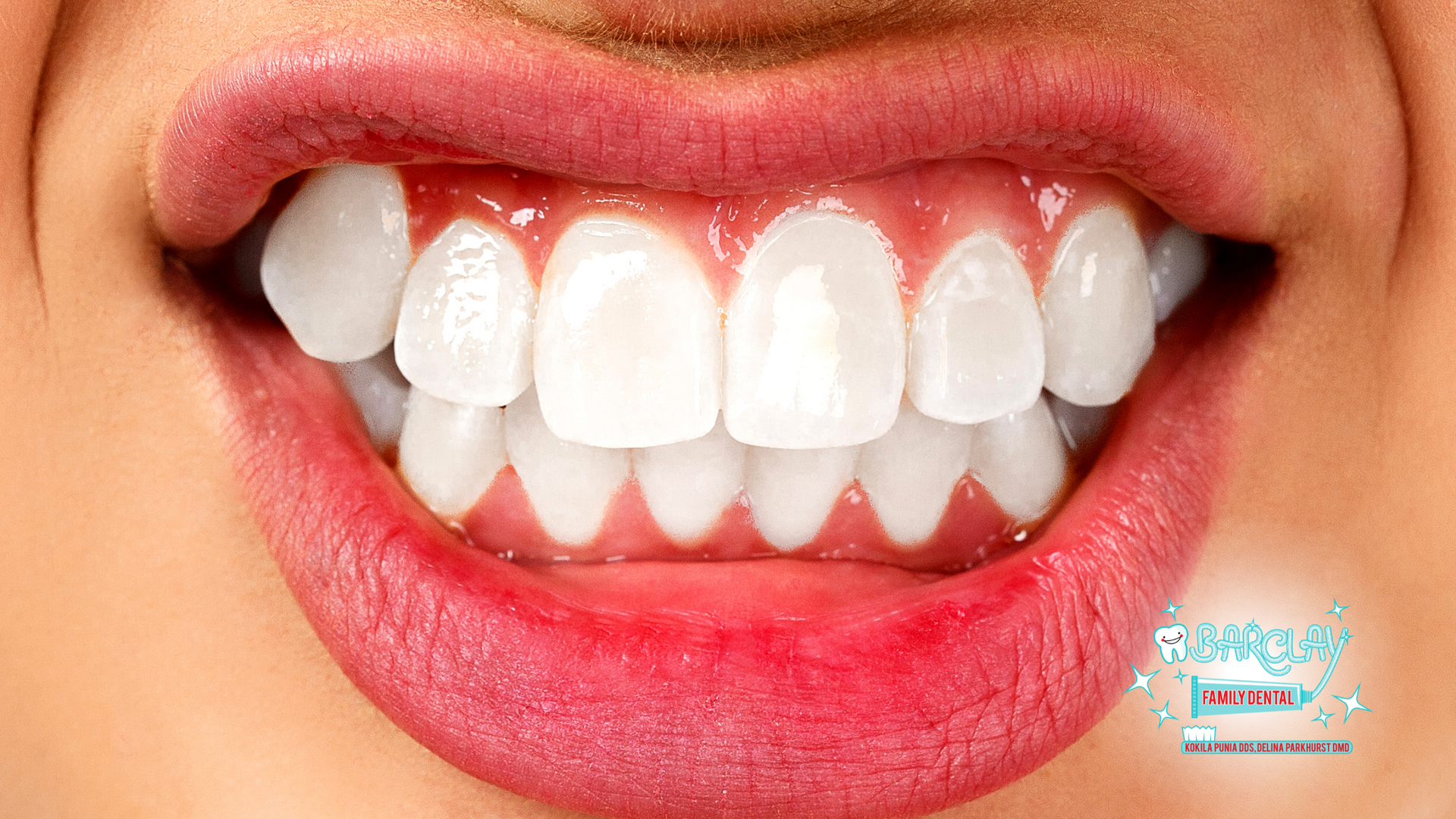
Bruxism can have significant effects on dental health and manifest through a variety of symptoms. These can range from mild to severe. Recognizing the symptoms early is crucial for effective management and prevention. The symptoms of bruxism can vary widely among individuals and may vary in severity. The key symptoms to watch out for are:
Teeth Grinding or Clenching
Audible grinding noises during sleep, often noticed by a sleep partner, or habitual clenching of the jaw during the day.
Tooth Damage
Flattened, chipped, or loose teeth, as well as increased tooth sensitivity due to enamel wear.
Jaw Pain and Discomfort
Soreness or pain in the jaw muscles, particularly upon waking as well as Temporomandibular joint (TMJ) pain, leading to difficulty in opening or closing the mouth.
Headaches
Frequent headaches, especially in the morning, are caused by muscle tension.
Ear Pain
Pain or a feeling of fullness in the ears, not related to an actual ear problem.
Sleep Disruption
Poor sleep quality or disturbances due to the physical activity of grinding.
Recognizing these symptoms early and seeking professional evaluation from our dental team at Barclay Family Dental in Cherry Hill, can help prevent further damage and lead to effective management strategies for bruxism. If you experience any of these symptoms, it is important to schedule your consultation for a thorough examination and appropriate treatment.
Diagnosing Bruxism
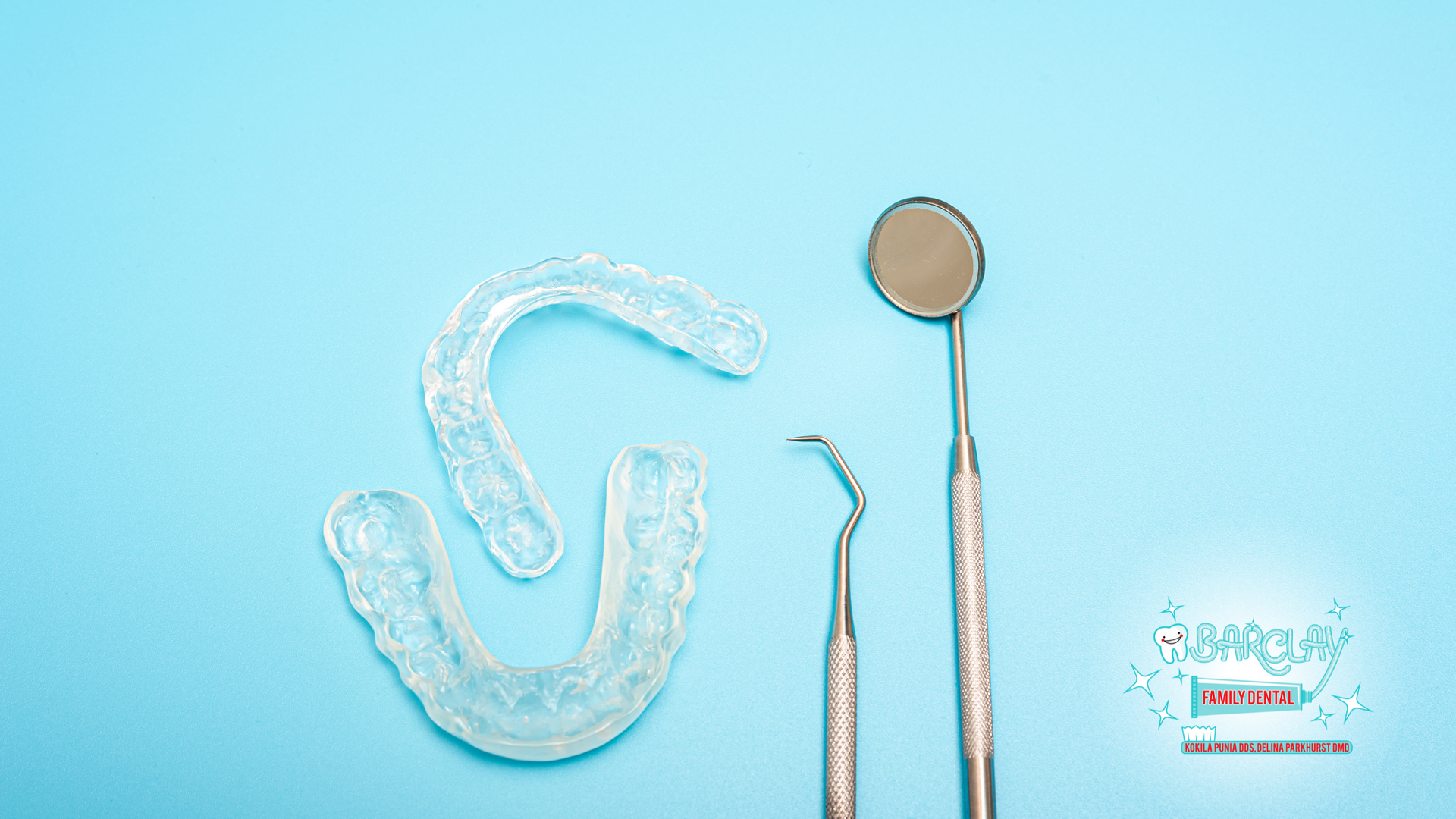
Diagnosing bruxism typically involves a comprehensive evaluation by our dentists. The process begins with a thorough review of the patient's medical and dental history, including any reported symptoms and lifestyle factors that may contribute to teeth grinding and jaw clenching. During the physical examination we will inspect the teeth for signs of wear, damage, or misalignment, and palpate the jaw muscles and temporomandibular joints (TMJ) to assess for tenderness and abnormal movement.
Additionally, our dental team may ask about any noticeable grinding sounds during sleep, often reported by a sleep partner. In cases where sleep bruxism is suspected, a sleep study (polysomnography) might be recommended to monitor grinding activity and identify any associated sleep disorders. Diagnostic imaging, such as X-rays, CT scans, or MRIs, may also be used to provide a detailed view of the TMJ and surrounding structures, helping to confirm the diagnosis and guide the development of an effective treatment plan.
Dental Treatment Options for Bruxism
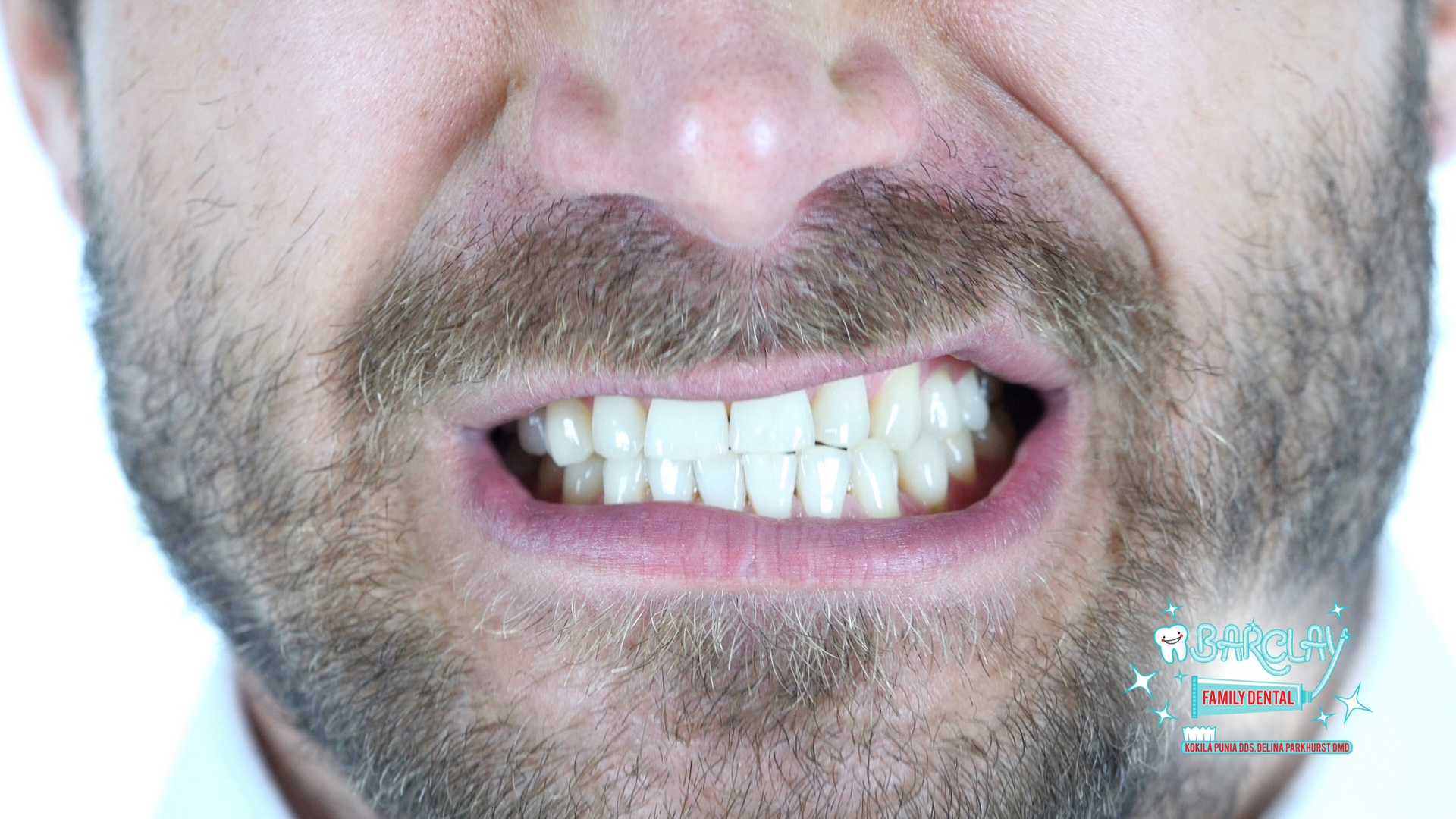
To protect your oral health, effective management of bruxism often requires dental interventions. to protect the teeth and alleviate symptoms. Here are several dental treatment options commonly recommended for bruxism:
Mouth Guards and Splints
Custom-made mouth guards or splints are designed to fit over the upper or lower teeth, providing a barrier that protects the teeth from grinding and reduces the strain on the jaw muscles. These devices are typically worn at night and are tailored to each individual to ensure a comfortable fit.
Occlusal Adjustment
This procedure involves reshaping the biting surfaces of the teeth to achieve a more balanced bite. By eliminating high spots or irregularities, occlusal adjustment can reduce the strain on the jaw and alleviate bruxism symptoms.

Orthodontic Treatment
For individuals with misaligned teeth or bite issues, orthodontic treatments such as braces, or clear aligners can help correct the alignment. Proper alignment of the teeth can reduce the occurrence of bruxism by ensuring the jaw rests in a natural position.
Restorative Dental Work
In cases where bruxism has caused significant damage to the teeth, restorative treatments such as crowns, bridges, or dental bonding may be necessary to repair and protect the affected teeth. These restorations can also help restore the proper bite and prevent further damage.
Botox Injections
Botox injections can be used to temporarily weaken the muscles responsible for jaw clenching and teeth grinding. This treatment can reduce the intensity of bruxism and provide relief from associated pain and discomfort.

Dental Splints and Bite Plates
Similar to mouth guards, dental splints and bite plates are designed to keep the teeth separated, preventing grinding and clenching. These devices can be worn during the day or night, depending on the severity of the bruxism.
Night Guards
Night guards are a specific type of mouth guard worn during sleep to prevent teeth grinding. They are custom fit by our dentist to ensure maximum comfort and effectiveness.
These comprehensive dental treatment options are thoughtfully designed to meet the unique needs of each individual patient at our renowned dental practice situated in Cherry Hill, New Jersey. Our highly skilled team is committed to providing personalized care that effectively addresses issues like bruxism and helps safeguard your dental health for the long term. In addition to our advanced treatment options, we highly recommend incorporating additional preventative measures into your daily routine, such as engaging in regular exercise, maintaining good sleep hygiene practices, and refraining from habits like chewing on items such as pens that can exacerbate teeth clenching. By combining these strategies, you can mitigate the risk factors associated with bruxism and maintain optimal oral health.

Understanding bruxism and its impact on oral health is essential for early diagnosis and effective treatment. By recognizing the causes and symptoms, individuals can take proactive steps to manage this condition and improve their quality of life. If you suspect you have bruxism, consult our dental practice at Barclay Family Dental for a thorough evaluation and personalized treatment plan. We can help protect those teeth for years to come.
Contact us to schedule your TMJ consultation today!








